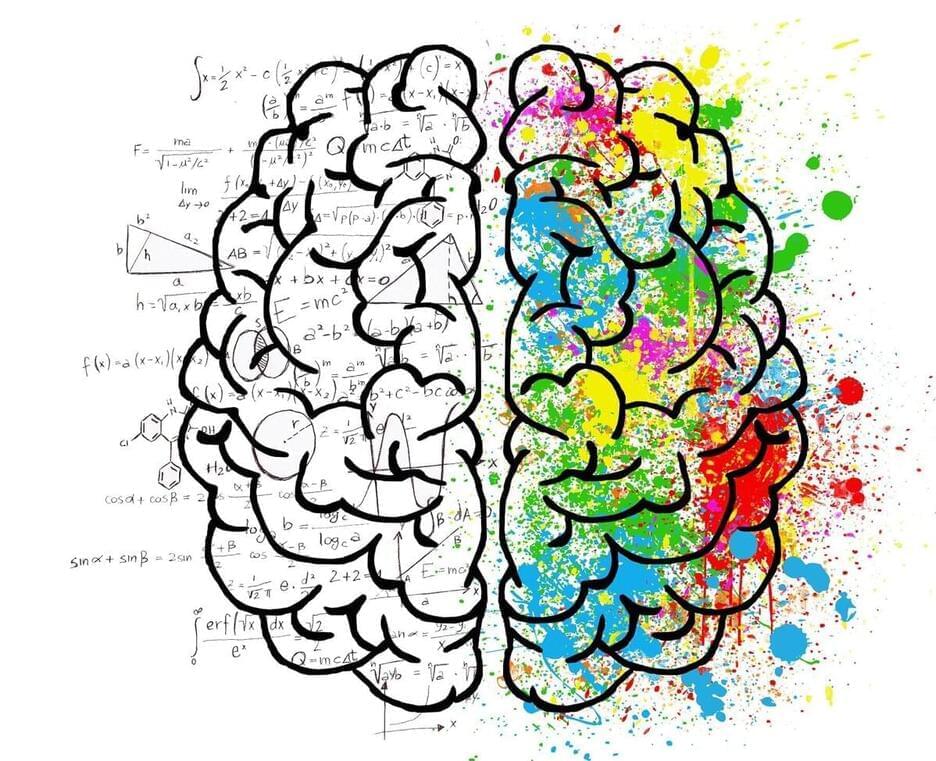In a pilot human study, researchers from the University of Minnesota Medical School and Massachusetts General Hospital show it is possible to improve specific human brain functions related to self-control and mental flexibility by merging artificial intelligence with targeted electrical brain stimulation.
Alik Widge, MD, Ph.D., an assistant professor of psychiatry and member of the Medical Discovery Team on Addiction at the U of M Medical School, is the senior author of the research published in Nature Biomedical Engineering. The findings come from a human study conducted at Massachusetts General Hospital in Boston among 12 patients undergoing brain surgery for epilepsy—a procedure that places hundreds of tiny electrodes throughout the brain to record its activity and identify where seizures originate.
In this study, Widge collaborated with Massachusetts General Hospital’s Sydney Cash, MD, Ph.D., an expert in epilepsy research; and Darin Dougherty, MD, an expert in clinical brain stimulation. Together, they identified a brain region—the internal capsule—that improved patients’ mental function when stimulated with small amounts of electrical energy. That part of the brain is responsible for cognitive control—the process of shifting from one thought pattern or behavior to another, which is impaired in most mental illnesses.
